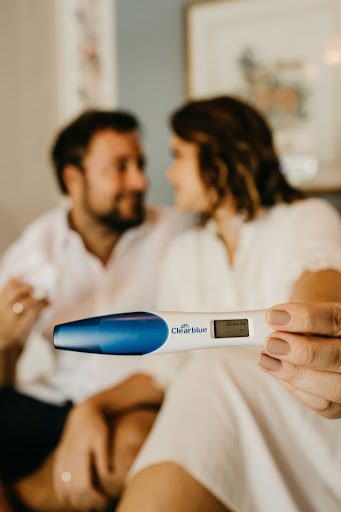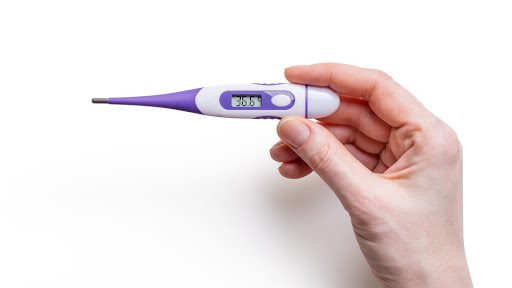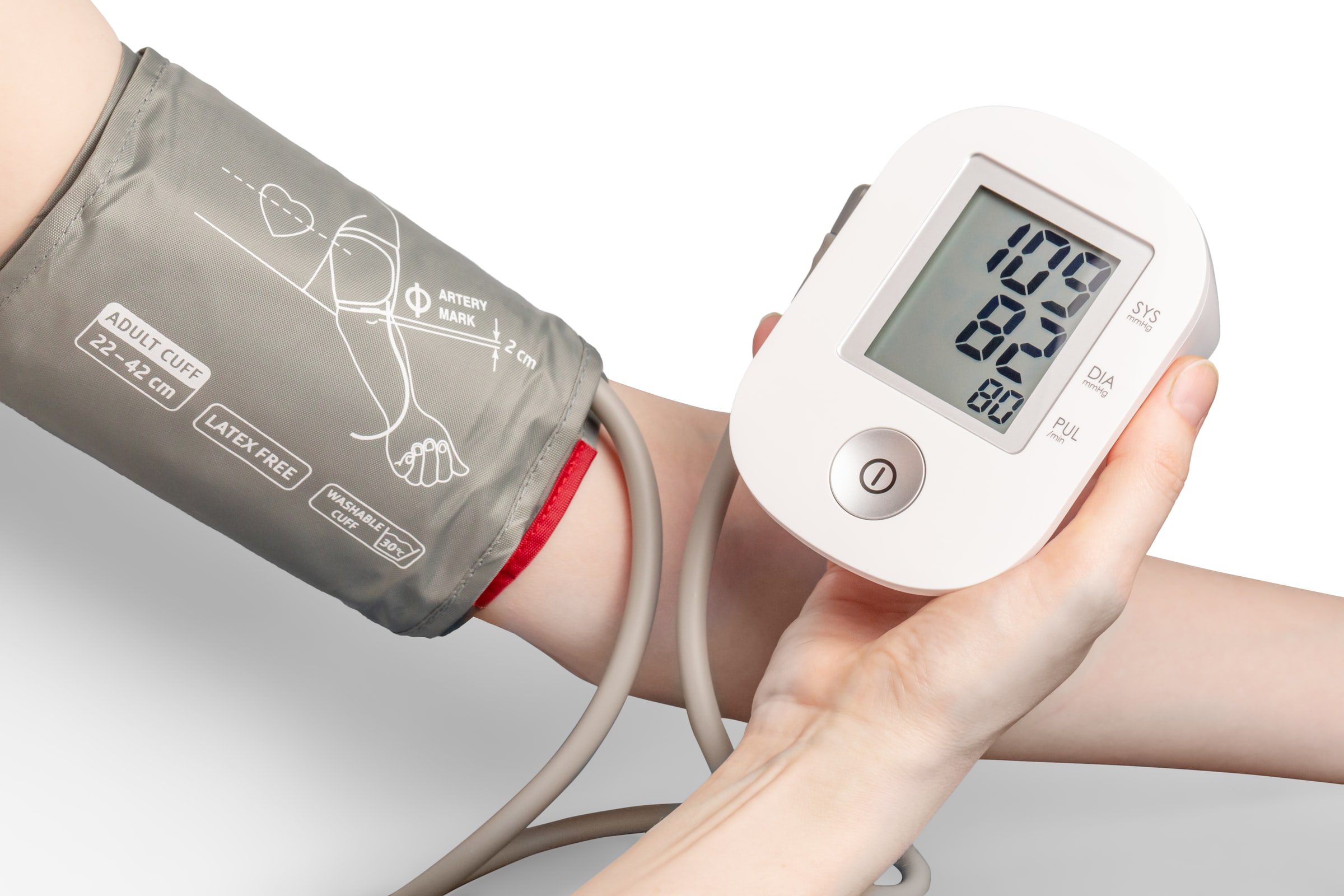At-home medical tests, which are often purchased over the counter at your local pharmacy or grocery store, are an important tool in taking care of your health. When used properly, they can supplement the work you do with your doctor. There are two kinds of at-home tests. The first is a test where you take it and receive the results immediately in your home. A good example of this is a pregnancy test. The second type requires gathering a biological sample at home and mailing it in for results. These test kits as a whole allow you to test for, screen, and monitor certain diseases and conditions easily at home, on your own time. In some cases, a doctor may provide a prescription for home tests.
In addition to pregnancy tests, the most common at-home medical tests include glucose or blood sugar tests to manage diabetes, urinary tract infection tests, colon cancer screenings, genetic tests, and infectious disease tests which are used to identify COVID-19, HIV, hepatitis, and others.
At-home tests can also tell you what foods you’re allergic to, track your vitamin D levels, or check for sexually transmitted diseases. Generally, the test will ask you to sample a body fluid – usually blood, urine, or saliva – and apply it to the enclosed kit. Some, like tests for pregnancy or UTI, then provide a positive or negative symbol within a few minutes. Others require that the sample be shipped off to a lab for final results. Home tests range in price from as little as $20 to several hundred dollars for complex genetic tests, including those that track ancestry.

All in all, home testing provides helpful information, but it’s not a substitute for a doctor’s care. When properly used, these tests can provide information immediately and allow a doctor to call in a prescription or treat you via virtual visits or phone calls. However, it’s important to note that they should be used in tandem with a doctor to make sure you are treating yourself properly after the results. Tests are often best evaluated alongside a physical exam, other diagnostic tests, and an expert analysis of the overall picture of your health. Generally, you will want to follow up with a test in a doctor’s office, where the testing is often more accurate.
For the best results from at-home tests, only use FDA-approved tests – and make sure the test kit has not expired, as kits lose effectiveness and accuracy over time.
Read the instructions carefully, and follow them as written. Never reuse a test kit. At-home tests mean there’s more room for user error, so pay close attention while using them.

Whether you have an urgent need to know (pregnancy, urinary tract infection, glucose, COVID) or you wish to better understand your risk for future diseases (genetic testing, cholesterol, or hormone levels), home test kits give you a quick and easy way to stay in the comfort of your house and monitor your health. Combined with the precautions listed above, home tests can be a valuable part of wellness optimization: taking control of your health and living well.
For home test reviews and insight, Testing.com provides regular updates on brands and accuracy.





